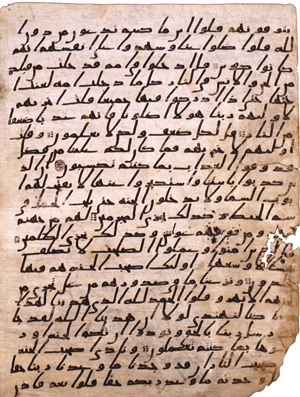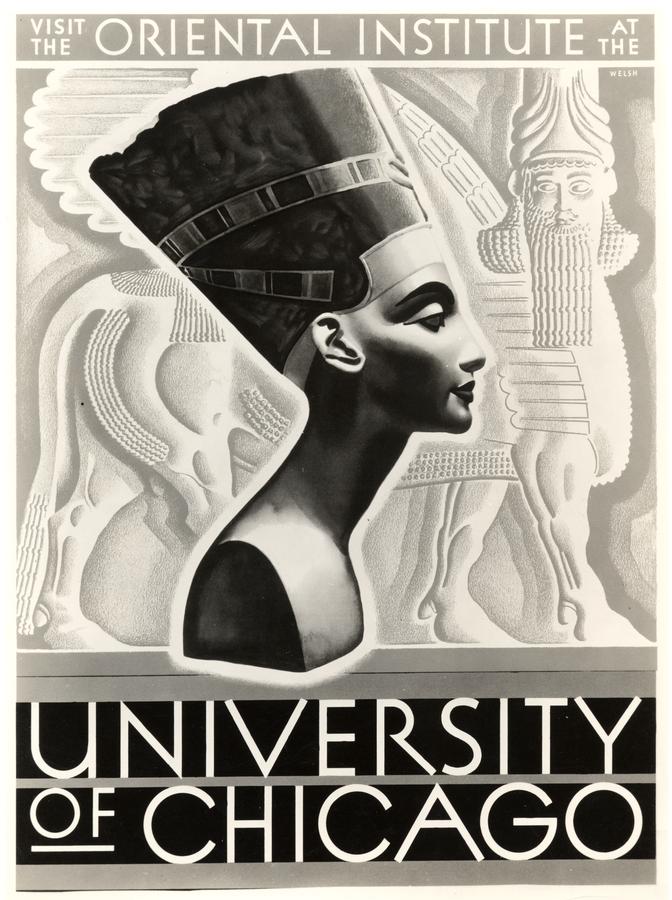Historian Fred Donner offers a new reading of an old story.
By Asher Klein, AB’11
Image courtesy of Fred Donner
Image courtesy of Fred Donner
An early Quran leaf, found in Yemen: it dates to the first century of Islam, Donner says, offering evidence that the holy book was written soon after Muhammad’s death.
Since the 19th century, Western scholarship has taken for granted that in the first 100 years after Muhammad’s revelations, Islam was practiced much the same way it is today. Western scholars explained the birth and early expansion of what is now one of the world’s largest religions through the development of its army and political institutions, the need for social change among Arabian nomads, or simple economics. But “they seldom talked about the religious motivation,” says Islamic scholar Fred M. Donner.
A professor of Near Eastern history at the Oriental Institute and head of Chicago’s Center for Middle Eastern Studies, Donner instead believes Islam’s origins shared features with the genesis of Christianity.
The idea that Christianity didn’t spring fully formed from Judaism with Jesus’s preaching is well accepted; scholars and laypeople alike understand that there was an early germinal stage before the canon was worked out at the Council of Nicea and subsequent Church council meetings.
Donner says that Islam too went through an early “ecumenical phase” when Muhammad’s followers were a loosely defined community—Donner, following the Quran, calls them “the Believers”—that may have included Jews and Christians. These followers were committed more to monotheism than they were to Muhammad. “It was more of a monotheistic revival movement,” Donner says. In 2010 he posited this theory in Muhammad and the Believers (Belknap). Islam, he writes, began as a religious movement, “not as a social, economic, or ‘national’ one. The early Believers were concerned with social and political issues but only insofar as they related to concepts of piety and proper behavior needed to ensure salvation.”
Donner’s conclusions diverge from the traditional view, which “sees Islam as being codified from the very first day,” he says. According to that story, the prophet Muhammad settled in the Arabian town of Medina after being expelled from nearby Mecca, and soon afterward he began to spread Islam. After Muhammad’s death in 632 AD, his teachings disseminated through the Middle East via military and bureaucratic expansion, eventually moving beyond Arabia...
See the chronicle of news about the Oriental Institute.






 Stumble It!
Stumble It!


No comments:
Post a Comment